Soma
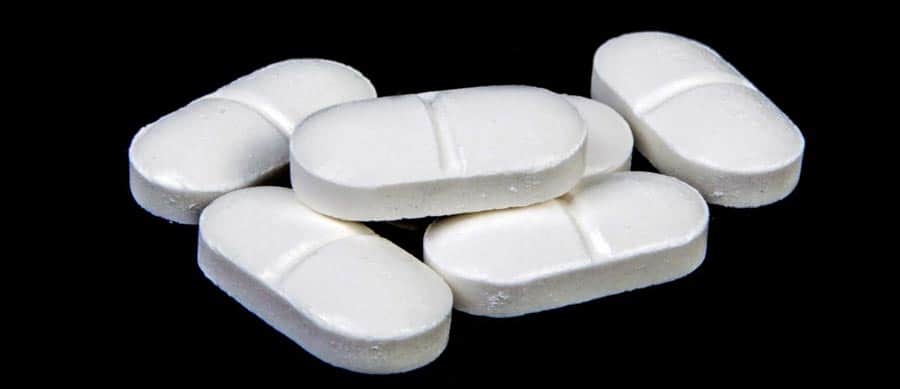
Soma Addiction: Side Effects, Detox, Withdrawal, and Treatment
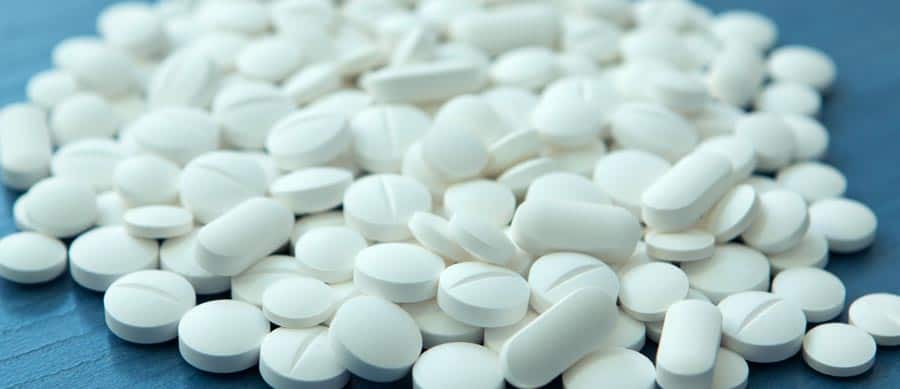
Table of contents
- What is Soma (carisoprodol)?
- Is Soma addictive?
- What are slang terms for Soma?
- How common is Soma addiction and abuse?
- What are the side effects of Soma abuse?
- What are the common signs and symptoms of Soma addiction and abuse?
- What are Soma withdrawal symptoms?
- Soma detox
- Soma withdrawal timeline
- Treatment for Soma addiction
- Inpatient drug rehab vs. outpatient drug rehab for Soma addiction
- Continued care options for Soma addiction treatment
What is Soma (carisoprodol)?
Soma is the brand name of the muscle relaxant carisoprodol.1 It is prescribed by doctors to relieve pain caused by muscle injuries and is often used in conjunction with physical therapy and other treatments. It works by preventing pain sensations from being sent from the brain to the nerves. In addition to relieving muscle pain, Soma also produces sensations of relaxation, sedation, and mild euphoria, which is why many people abuse it and become addicted.
Soma tablets are prescribed for short-term treatment and they are intended to be taken orally three times daily. These tablets are small, white, and round, with the typical dose being 350 milligrams. Soma is also available in tablet form combined with codeine or aspirin.
Is Soma addictive?
Yes, Soma is an addictive drug. However, a person is more likely to become addicted to Soma if they take it for longer than recommended or if they misuse it in any way, such as taking larger or more frequent doses than prescribed. Some people may also obtain Soma illegally and misuse it to enhance the side effects of other illegal drugs.
Carisoprodol is a Schedule IV controlled substance under the Controlled Substances Act, which means it has a low potential for abuse and dependence. However, recent data shows Soma abuse is on the rise.
What are slang terms for Soma?
The following terms are street names or slang for Soma:
- Soma Coma
- DS
- Las Vegas Cocktail (Soma, oxycodone, and Xanax)
- Dance
- The Holy Trinity (Soma, Xanax, and hydrocodone)
How common is Soma addiction and abuse?
According to the Drug Enforcement Administration (DEA), Soma abuse has increased in recent years and it is now one of the most commonly abused prescription drugs.2 Many users forge Soma prescriptions or “doctor shop” to get prescriptions from multiple doctors simultaneously.
Data from the 2018 National Survey on Drug Use and Health (NSDUH) shows 6.4 million people ages 12 or older misused prescription sedatives or tranquilizers like Soma in the past year.3 Additionally, the American Association of Poison Control Centers reported a total of 2,925 carisoprodol case mentions, 1,180 single exposures, and one related death in 2016.2
Soma is a safe and effective medication when used as directed. However, if it is abused, it can cause serious or life-threatening side effects. This is especially true of chronic Soma abuse.
Most people who abuse Soma take it orally and use it to enhance the effects of other drugs, especially alcohol, codeine, , heroin, hydrocodone (especially Vicodin), meprobamate, and propoxyphene.4
What are the side effects of Soma abuse?
Short-term effects of Soma abuse may include:5,6,7
- Nausea
- Vomiting
- Dizziness
- Rapid heart rate
- Agitation
- Insomnia
- Double vision
- Disorientation
- Reduced blood pressure/loss of consciousness
- Difficulty breathing
- Seizures
Although there is a lack of conclusive research detailing the long-term effects of Soma abuse, symptoms and side effects may include:7
- Tolerance (needing more Soma to achieve the desired effects)
- Physical dependence and withdrawal
- Respiratory depression
- Coma
- Death
What are the common signs and symptoms of Soma addiction and abuse?
Someone who is taking Soma for medical purposes is more likely to develop a Soma addiction later down the line, although this is not always the case. If you believe a friend or loved one is abusing Soma, some common signs of misuse may include:
- Doctor shopping to get multiple Soma prescriptions
- “Losing” Soma prescriptions
- Faking symptoms to get Soma
- Asking a doctor for Soma by name
- Taking Soma more frequently or for longer than necessary
- Taker larger doses of Soma than necessary
What are Soma withdrawal symptoms?
If a person is physically dependent on Soma, he or she will experience withdrawal symptoms when the effects of Soma wear off or if he or she tries to quit cold turkey. Soma withdrawal symptoms include:8
- Insomnia
- Vomiting
- Tremors
- Muscle twitching
- Anxiety
- Loss of control over body movements
- Hallucinations
- Delusions
Soma detox
Not only can Soma withdrawal symptoms be severely uncomfortable, but in some instances, Soma detox may also become life-threatening. As a result, medically-assisted detox programs can help people who are addicted to quit Soma safely in a comfortable and monitored environment.
Nurses and doctors on staff at the Soma detox center will create an individualized plan to address any physical and psychological issues related to the person’s Soma abuse. Throughout Soma detox, treatment staff will closely monitor each patient and administer medication as necessary to relieve Soma withdrawal symptoms and address the psychological aspects of withdrawal, such as anxiety.
It might sound easier to quit on your own, but the reality is much different. A Soma detox program is safer, more comfortable, and more effective than quitting Soma cold turkey or attempting to wean oneself off the drug. Clients are also much less likely to relapse during the Soma detox process than if they tried to quit on their own at home. Talk to a Treatment Expert – (888) 428-1501FREE INSURANCE VERIFICATION & CONSULTATIONYour Name (required) Your Email Your Phone (required)
Soma withdrawal timeline
The duration of Soma withdrawal symptoms can be several days or several weeks, depending on the severity and duration of the person’s addiction.9 Symptoms may also be more or less severe depending on the person. Each person’s experience with Soma withdrawal will be different, so it’s important to work closely with detox professionals to monitor any symptoms throughout the process.
| 12-48 hours after the last dose | Soma withdrawal symptoms begin to set in soon after the last dose and may include insomnia, nausea, vomiting, tremors, muscle twitching, or anxiety. |
| 12-48 hours after the onset of withdrawal | Soma withdrawal symptoms may vary in severity and duration depending on the user’s Soma habits (dosage, duration of use, etc.). Misusing Soma with other substances like alcohol, opiates, and benzodiazepines can increase the duration of withdrawal symptoms. |
Treatment for Soma addiction
While detox is an important part of treating Soma addiction, it’s not the only part. Ongoing treatment is essential for lasting and genuine recovery. In fact, research suggests the longer a person stays in treatment, the better the outcome, and the National Institute on Drug Abuse (NIDA) recommends at least 90 days of continuous addiction treatment for the best results.
After detox, enrolling in a drug rehab program for Soma addiction is an excellent way to address the root causes of the addictive behavior, make positive life changes, and receive individual and group counseling in a safe, supportive atmosphere.
If you are considering going to a Soma rehab program for the first time to overcome your Soma addiction, it can be an overwhelming process. This is especially true if you’ve never been to rehab before. Fortunately, knowing what to expect during a Soma treatment program can help you prepare for it.
During Soma rehab, clients work closely with addiction treatment professionals such as licensed professional counselors, psychologists, medical doctors, nurses, recovery specialists, and peer support professionals. Throughout the Soma rehab program, clients engage in various forms of evidence-based treatment, such as:
- Educational lectures
- Recovery programming (12-Step Program, SMART Recovery, or other)
- Group therapy
- Individual therapy
- Family therapy/program
- Life skills development
- Specialized therapies like music therapy or art therapy
- Group exercise
These aspects of a Soma treatment program are designed to provide well-rounded, individualized care that treats the whole person, not just the addiction.
Inpatient drug rehab vs. outpatient drug rehab for Soma addiction
Two common types of Soma rehab programs are inpatient rehab and outpatient rehab. An addiction treatment provider can help you determine which type of rehab program is right for you depending on your needs and circumstances.
Although residential inpatient and outpatient Soma treatment programs are both recovery-focused, there are a few differences between the two.
| In residential Soma rehab, clients: Live at the rehab center during treatment Adhere to a highly structured daily schedule Attend individual and group counseling sessions regularly Participate in recovery-focused activities on and off-site Have immediate access to medical and clinical care on-site | In outpatient Soma rehab, clients: Attend outpatient group sessions for eight weeks Live at home or in a sober living home while completing treatment Complete homework assignments independently outside of the group Maintain other personal obligations while in treatment, such as employment, family obligations, or school Have limited access to medical and clinical care |
Many people attend both inpatient and outpatient rehab for a longer treatment experience that provides more time to internalize positive life changes and recovery principles. A longer treatment experience also helps clients cope with the challenges of early sobriety, such as cravings, high-risk situations, and triggers.
The cost of a Soma rehab program will vary depending on the type of treatment services offered, its amenities, location, and other factors. Regardless, most addiction treatment providers offer several different payment options, such as:
- Health insurance benefits
- Employee Assistance Programs (EAP)
- Financed healthcare loans
- Credit cards
- Crowdfunding
- HSA funds
Continued care options for Soma addiction treatment
After Soma rehab, continued care options like sober living programs and aftercare programs can help clients stay on track by providing peer support, accountability, and other recovery support services, depending on the client’s needs.
Sober living programs
Sober living homes are gender-specific living spaces that are designed to be safe, sober, and supportive housing for people in all stages of recovery. Many people enroll in a sober living program after completing a formal Soma treatment program, as it provides a supportive space in which they can gradually transition back into society as a sober individual.
Sober living programs are also designed to help clients reach their recovery goals by providing enhanced recovery support services, such as:
- Peer recovery support
- Regular drug and alcohol testing
- Individualized recovery programming
- Educational planning
- Employment assistance
- Volunteer placement
Depending on the location of the sober living, its amenities, and the type of recovery support services offered, the pricing will vary.
Aftercare programs
Aftercare programs are also designed for rehab alumni or people in recovery who need support due to challenging circumstances. Aftercare consists of several weeks of weekly group meetings. Each meeting is hosted in a safe, clinical environment and provides a welcoming atmosphere where clients can freely share recovery-related personal issues and challenges they are facing.
Aftercare offers much-needed support, accountability, and encouragement for people in recovery and offers another way for clients to engage with other sober individuals as they adjust to a lifestyle in recovery.
If you’re addicted, you may believe that Soma treatment won’t work for you, but many others have found success in recovery with the right support. Soma addiction is a serious medical condition that won’t just go away on its own. It will require individualized care to manage your addiction but you can get sober and achieve a fulfilling life in recovery.
If you or a loved one is addicted to Soma and needs help, call (512) 605-2955 to speak with a Nova Recovery Center representative today. We can help you explore your Soma treatment options.
References:
- https://www.drugs.com/soma.html
- https://www.deadiversion.usdoj.gov/drug_chem_info/carisoprodol/carisoprodol.pdf
- https://www.samhsa.gov/data/report/2018-nsduh-annual-national-report
- https://www.justice.gov/archive/ndic/pubs10/10913/10913p.pdf
- https://medlineplus.gov/druginfo/meds/a682578.html
- https://pubchem.ncbi.nlm.nih.gov/compound/carisoprodol#section=Top
- https://www.accessdata.fda.gov/drugsatfda_docs/label/2009/011792s043lbl.pdf
- https://www.ncbi.nlm.nih.gov/pubmed/20088817
- https://www.ncbi.nlm.nih.gov/pubmed/19300598


